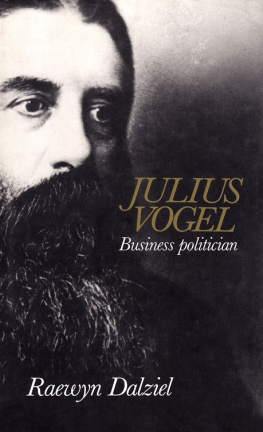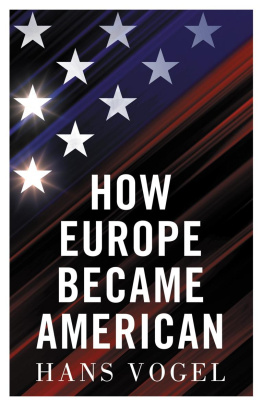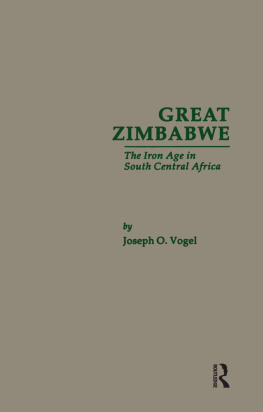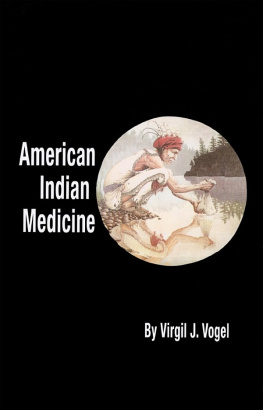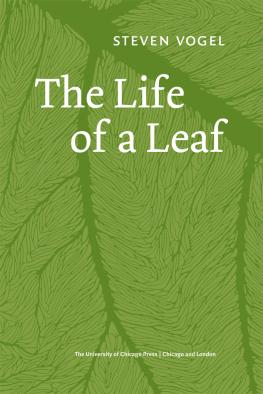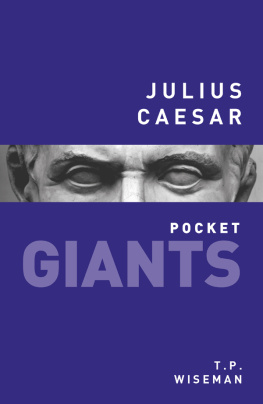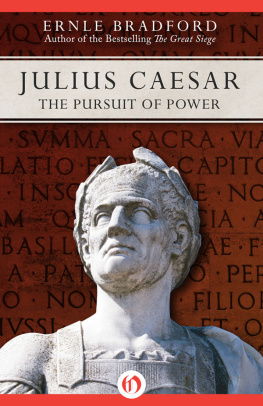Few New Zealand politicians have been as controversial in their lifetime as Julius Vogel. His contemporaries both acclaimed and condemned him. He was described as brilliant, a far-seeing strategist, and a clever politician; he was also called a dangerous financier, a snob, a carpet-bagger , and a corrupting influence in politics. Even his enemies found him a man of rare vitality and power. After his death it was said that he possessed a peculiar power of attraction that almost approached fascination . Few men could talk to him in his convivial moments without feeling the subtle influence of his presence. He was tremendously ambitious and, as with most politicians who expose their aspirations too nakedly, he attracted some scorn and even derision. Yet he achieved a dominance unrivalled in New Zealand politics until Richard Seddon, King Dick, consolidated his position in the 1890s. By his ability, his hard work, and his forceful personality, Vogel was able to make the post of Colonial Treasurer, which he held for ten years, a powerful instrument for shaping colonial development. During his tenure of the finance portfolio New Zealand began a programme of extensive public works and colonization that set it on the path towards national unity and economic growth. Yet, as with most finance ministers, Vogel was at the mercy of international trends and forces that he could not control. Such forces eventually defeated him.
Vogels interests were predominantly in the economy, finance and development. Yet to see him only in this light would be misleading. He was one of the few colonial politicians who took an active interest in affairs outside New Zealand, forging new links with the Australian colonies, the United States of America, and the Pacific Islands. He frequently thought and wrote about New Zealands relationship with Great Britain, proud of being a citizen of the worlds most powerful empire, yet aware of the frustrations of living in its most remote outpost.
Although Vogel spent only eighteen of his sixty-four years in New Zealand, he regarded those as the best years of his life, For Vogel life was a constant quest for power and fame, especially fame, against the odds of crippling ill-health, financial insecurity, and colonial obscurity.
When, during the last six or seven years, I told people I was working on a study of Julius Vogel, I was often reminded of Randal Burdons LifeandTimes, published in 1948. Was a new biography of Vogel necessary? My answer was that I thought so. Burdons book was lively and stimulating ; he contributed significantly with this and his other books to our historiography. But he had limited access to materials, both published and unpublished. Although he saw a few private papers, then in the hands of Vogels youngest son, he did not have access to the large collections of Vogel and Vogel Family Papers, now in the Alexander Turnbull Library. Nor did he consult the wealth of other manuscript material available to researchers. Burdon emerged from his work still puzzled about Vogel. In a notebook containing ideas for his book he wrote that the character and actions of Vogel taken as a whole are inexplicable. They are incomprehensible to his biographer who can only recount what he did and intersperse his story with astonished comments or interjections . In these circumstances I thought it worth while to make another attempt to understand Vogel and his actions.
Samuel Johnson once wrote that The business of a biographer is to lead the thoughts into domestic privacies and display the minute details of daily life. Any biographer of Vogel must fail to live up to this prescription. The materials are simply not available for such a life. Vogel was an intensely political being; he was a very public person although in the long run his cares were more for his family and their future than for politics. Most of the records he left behind are of a political and business nature and although his domestic relations and his daily life can be reconstructed partially, they are inevitably less accessible to us than his political relations and the major events in which he participated.
In collecting material for this life, and in writing it, I have incurred a large number of debts. The work has been carried out in New Zealand , Australia, and England and librarians and archivists in all three countries have been of enormous help. In particular I would like to thank the staffs of the General Assembly Library and the Alexander Turnbull Library in Wellington; the archivists in the National Archives and the Public Records Office; the librarians of the Hocken Library and the Auckland Public Library. Of my colleagues at the University of Auckland Russell Stone has been generous with information and sympathetic as he too composed a biographical study; and Keith Sinclair has encouraged me to complete a task that sometimes seemed doomed to last into my retirement. I would also like to express my thanks to Mrs Freda Christie, who typed and re-typed my manuscript with skill and patience, and to the University of Auckland Research Committee which, from time to time, provided travel funds to visit libraries outside of Auckland.
Notes
G. B. Barton, The Real Sir Julius Vogel, 18 Mar. 1899, clipping book, Mitchell Library.
P.D., v.56, 26 Jul. 1886, p.213.
Fergusson/Vogel, 10 Nov. 1884, V.P., 2072/40.
Notebook, R. M. Burdon Papers, 275/17.
CatalogueofRareandValuableBooks, J. H. Bethune and Company Limited, 24 Mar. 1976, Item 170.
Quoted by Justice Kaplan, The Real Life, in Daniel Aaron (ed.), StudiesinBiography, Cambridge, Mass., 1978, p.1.
Some nineteenth-century politicians and writers liked to pretend that Julius Vogel was an exotic import, of somewhat shadowy and mysterious origins. This was not so. He was born in London on 24 February 1835, the second child and first son of Albert Leopold Vogel and his wife, Phoebe. Phoebe Vogels family were Jewish merchants who had lived in England since the eighteenth century and considered themselves to come from the top drawer. Albert Vogel came from Holland and was a Christian . There was a family story that after the battle of Waterloo Alberts courier bringing the news of victory to England was just beaten by the courier of the Rothschilds. He was supposed to have been well off when he married but committed the unpardonable sin of losing his money. Three children, Frances, Julius, and Lewis, were born in quick succession but the Vogel marriage was not a happy one. Phoebe had a somewhat austere nature tinged with melancholy, and was a selfish, unhappy woman. Even her own family remembered Albert as very nice but thought he had a rotten time with his wife. Within a few years they separated and Albert Vogel faded from his familys life. The young Vogels moved into the circle of their mothers family, the Isaacs.
Alexander Isaac, Phoebes father, was born in Hampshire in 1777. He married Sophia Leon and by 1828 was in a business partnership with another Leon as merchants in Broad Street, in the City of London. The Leon partner dropped from sight in 1835 and Alexander Isaac began trading on his own. There followed several changes of address until he settled down in St John Street, West Smithfield. From the early 1850s the firm became Isaac and Samuel, merchants and commission agents.
In the mid-nineteenth century London Jewry was made up of three groups: a small, elite upper stratum of very wealthy stockbroking, merchant , and professional families; a slightly larger middle group of wholesale merchants and manufacturers; and a large, almost poverty-stricken , working class. The Isaacs belonged to the middle group. They were a prosperous, anglicized family of Ashkenazim Jews, most likely Dutch in origin. By the mid-nineteenth century the Ashkenazim Jews, who came to England in the late seventeenth and eighteenth centuries as refugees from Germany, Poland, Lithuania, and Holland, outnumbered the more aristocratic, more settled Sephardic Jews. The new monied lite of the Jewish world, the Rothschilds, Goldsmids, Montefiores, and Samuels, were all Ashkenazim.

